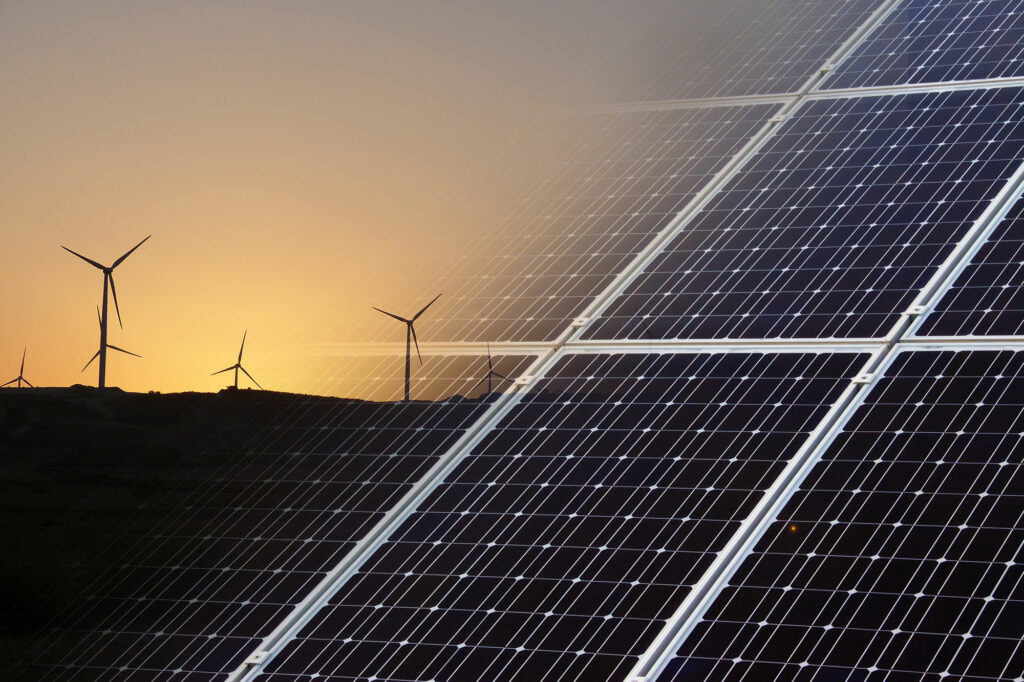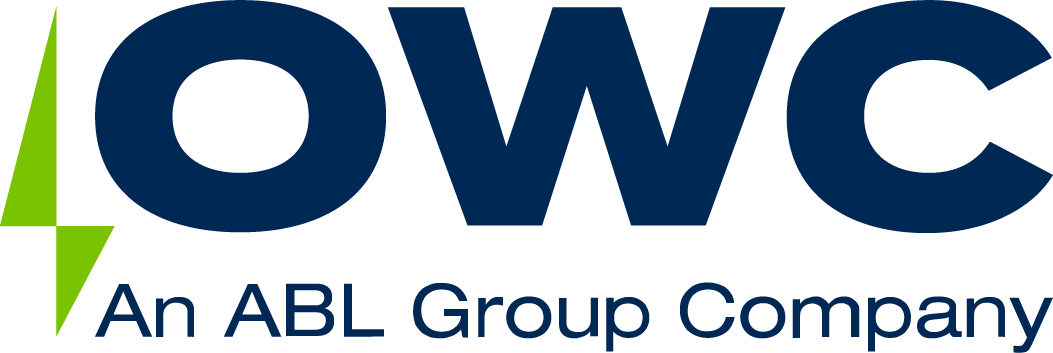Finding Safe Harbor in Uncertain Times
As renewable energy developers strive to secure valuable federal tax incentives, understanding and properly implementing safe harbor provisions can be the key to maximising project returns, mitigating policy uncertainties, and minimising risk.
What Are Safe Harbor Provisions?
Safe harboring allows renewable energy projects—solar, wind, and battery energy storage systems (BESS)—to lock in eligibility for the Investment Tax Credit (ITC) or Production Tax Credit (PTC) under IRS guidelines. The IRS maintains two primary methods to establish the beginning of construction for renewable energy projects:
1. The 5% Cost Method – If a project incurs at least 5% of total project costs before the applicable deadline, it qualifies for safe harbor.
2. The Physical Work Test – If significant construction work begins (such as foundation pouring, racking installation, or major component manufacturing), the project is considered under construction for safe harbor purposes.
Both methods require continuous progress toward completion, and projects must meet IRS requirements for documentation and verification. Work performed on a project must be directly related to construction and cannot include preliminary activities such as permitting, planning, or financing.
Proper documentation, some of which is provided by an Independent Engineer (IE) such as OWC , is critical, as the IRS requires clear evidence of expenditures and work progress to verify eligibility.
Once a project establishes the beginning of construction, it must demonstrate continuous progress. The IRS provides a Continuity Safe Harbor rule stating that if a project is placed in service within four years from the start of construction, it automatically satisfies the continuity requirement.

Why Safe Harbor? Mitigating Policy Risks
With ongoing political and economic uncertainty, safe harboring provides a hedge against:
✅ Legislative Uncertainty: Potential revisions to the Inflation Reduction Act (IRA) under the new administration could accelerate the phaseout of tax credits or restructure them to require higher domestic content thresholds. Securing safe harbor ensures projects qualify under the existing tax code before potential changes take effect.
✅ Supply Chain & Interconnection Delays: Locking in eligibility helps projects navigate supply chain constraints and permitting bottlenecks, especially as domestic content requirements for ITC bonuses increase by 5% annually, making qualification progressively more challenging.
✅ ITC/PTC Step-downs & Bonus Credit Risks: Tax credits phase down over time, and bonus credits—such as the 10% energy community credit—are subject to shifting local economic conditions. Projects that safe harbor now can maintain eligibility even if their location loses its energy community designation in future years due to changes in unemployment rates or fossil fuel-related tax revenues.
By starting construction before any legislative changes take effect, developers can grandfather their projects under current IRS rules, ensuring they retain access to the highest available tax incentives.
How We Help
As a trusted technical consultant and independent engineer in renewables, OWC provides independent safe harbor (beginning of construction) verification by:
🔹 Confirming Eligible Equipment & Costs: Verifying invoices, purchase agreements, payment receipts, and compliance with specifications.
🔹Verification of Physical Work: Through virtual or in-person site visits to the project site or offsite equipment manufacturing facilities in the US or overseas.
🔹Verification of Continuous Progress: Verifying continuous progress towards project completion through documentation such as construction timelines, progress reports, and invoices.
🔹 Documenting Safe Harbor Compliance and Providing an Independent Engineer’s report
About OWC
The Renewable Energy Consultants
OWC – an ABL Group company – is a dedicated global renewable energy consultancy providing technical advisory, engineering and consulting for the commercial-scale development of wind energy, solar PV, energy storage, hydrogen and power-to-x, and wave and tidal energy technologies, onshore and offshore.
With 300+ experts in over 15 countries, OWC’s team possesses strong industry expertise dating back to the first offshore wind farm development in the UK and spanning the full OWF project lifecycle from origination to operations. Since then, OWC have expanded service offerings to the full renewable energy sector, with key team members involved in the majority of the major offshore wind and renewable energy projects in Europe, Asia-Pacific and the US.

Rubin Sidhu
Director, Onshore Renewables, OWC Americas
